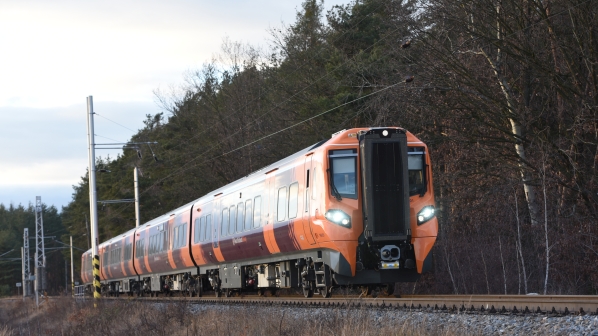The drop is because of the amount of working from home that's been introduced which is not going to suddenly stop and the government messaging that public transport is a health hazard that could kill you.
While leisure undoubtedly will recover I don't see any scenario in which commuting will ever get back to where it was.
I think that we aren't all that far apart on what we think as I didn't say that it wasn't due to working from home, I said PART of the drop was due to a reduction in the number of people working due to a higher number than normal retiring.
WFH is likely to be an ongoing change to travel patterns, however in the medium term that could also reduce the number of cars owned (i.e. why have 2 cars with the high upfront costs of both cars when both in a couple only do to the office 3 days a week). That may or may not change rail use.
Leisure had recovered, as whilst commuting had fallen by 50%, however at circa 70% of all rail use that would indicate a 35% fall in overall rail use. As this is about the same as the overall fall (or slightly higher given that we'd seen overall falls of about 30%) it is therefore likely that leisure is likely to have reached circa 100% of pre Covid levels.
The area where it's been hit hard is in the SE, which I also said would take the longest to recover.
Never getting back to pre Covid levels is a long time. With a policy of net zero, which is increasing the number of places cars have to pay to enter, it may well be that areas which used to be suitable to drive to become areas where more people use rail for getting into major towns rather than paying for a fairly short drive (there'll still be many who don't, but rail doesn't need everyone to use it all the time to get back to pre Covid levels).
If you're spending £2,500 on a car which you use (at most) 5 days a week (3 for three office and 2 for the weekend), with extra daily charges if your office is in a low emission zone, there's likely to be some who think that car ownership in those situations isn't that great.
Not owning a car doesn't mean not having access to a car, with car clubs (or even hire cars) being able to cater for those times when a car is needed for those things which are argued are the reason a car is needed.
Whilst not a lot will change between autumn 2021 and 2022 in terms of rail use, unless rail is to be eradicated the cost to the country in subsidy is going to be hard to reduce by a significant amount (reduce services, reduces income and reduces the ease to connect between services, reducing incoming further). Whilst there would be many who would be pleased with such a policy, it would be fairly politically dangerous to try, not least in that although not many use rail a lot of young people do (which can impact on their parents or even grand parents in having to transport them instead).

